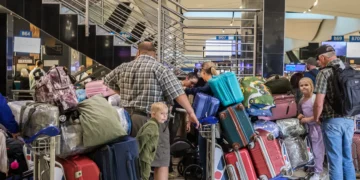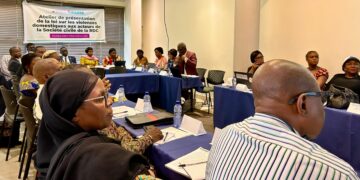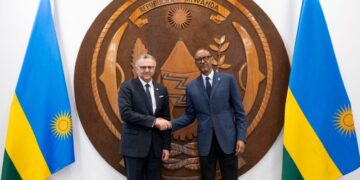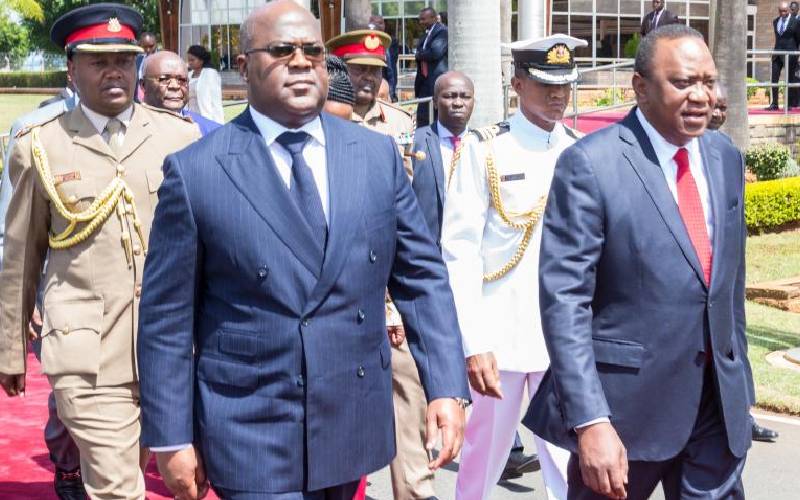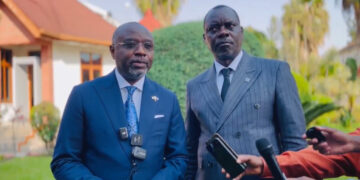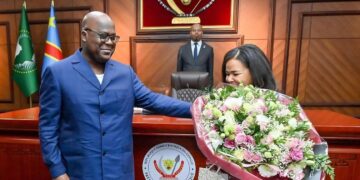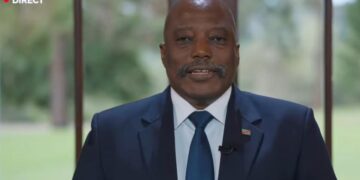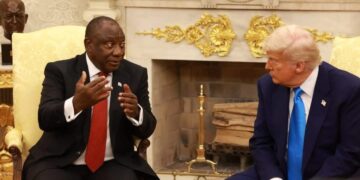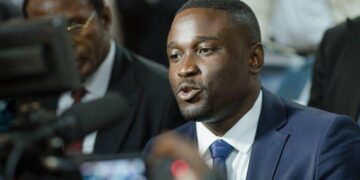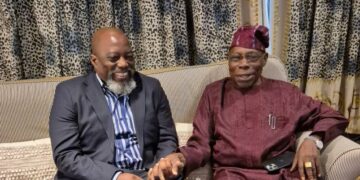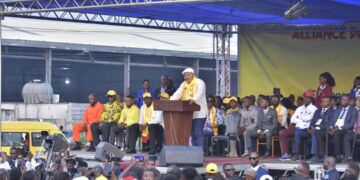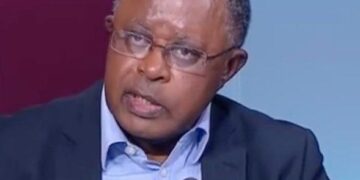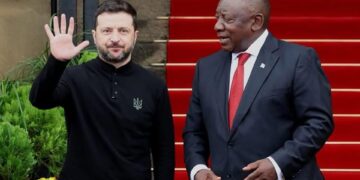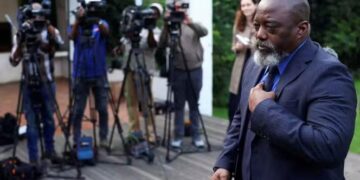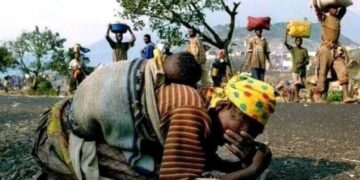In a recent public statement, Professor Gaspard Ngonda Nkoy, a respected constitutional law expert and academic, voiced strong reservations about growing calls to transform the Democratic Republic of Congo (DRC) into a federal state. His comments arrive at a time when debates over state structure, decentralisation, and governance are gaining momentum in political and academic circles across the country.
According to Professor Nkoy, the idea of federalism, while theoretically appealing to some, risks unraveling a foundational agreement that helped stabilise the country after years of armed conflict: the Sun City Agreement. Signed in 2003 in Sun City, South Africa, the agreement was the result of intense negotiations during the Inter-Congolese Dialogue, a peace process designed to end the Second Congo War and lay the groundwork for a new political order.
“If we abandon the current unitary state in favor of federalism, it’s as if we are dismantling the republican pact that emerged from Sun City,” said Professor Nkoy. “That agreement was not just about political power-sharing. It was a commitment to national unity, peace, and reconstruction.”
The Republican Pact at Sun City
The Sun City Agreement established a transitional government that included all major political and armed factions, laying the foundation for constitutional reform, democratic elections, and the creation of a decentralized unitary state—not a federation. The choice to reject federalism at that time was intentional. For many Congolese leaders, federalism was perceived as too risky, given the country’s deep ethnic, regional, and resource-based divisions. Instead, they opted for a decentralized unitary state, designed to give provinces more autonomy without compromising the integrity of the nation.
The current Congolese Constitution, adopted in 2006, reflects this vision. It grants significant powers to the provinces under a system known as “territorial decentralization.” However, many believe that decentralization has not lived up to its promises due to corruption, lack of institutional capacity, and continued central government interference.
Renewed Calls for Federalism
In recent years, frustration with the failures of decentralization and uneven development has revived interest in federalism, especially in resource-rich provinces like Katanga and Kasaï, where local leaders argue that too much wealth is drained by the central government in Kinshasa.
Supporters of federalism claim it would allow provinces to better manage their resources, tailor policies to local needs, and reduce the burden on the central state. Critics, however, warn that federalism in the DRC could deepen existing divisions and even provoke separatist movements.
Professor Nkoy’s Caution
Professor Nkoy, while acknowledging the imperfections of the current system, remains firmly against what he sees as a dangerous political gamble.
“The move to federalism could destabilize a fragile political equilibrium. It’s not just a technical shift in governance—it’s a fundamental redefinition of the state,” he warned.
He emphasized that the republican pact from Sun City remains a cornerstone of the post-war Congolese state and that any move to change the structure of the state must be approached with broad consensus and extreme caution.
“We must not forget the spirit of Sun City. That agreement was born out of bloodshed, compromise, and a collective desire to rebuild the nation. Undermining it could reawaken the very tensions it sought to resolve.”
The Path Forward
As the DRC continues to grapple with questions of governance, state reform, and national cohesion, voices like Professor Nkoy’s serve as a sobering reminder of the country’s complex and fragile history. Whether the country should deepen decentralization, fix the current system, or move toward federalism is a debate that will likely intensify in the coming years. But for many, including Professor Nkoy, one thing remains clear: the unity of the republic must not be sacrificed in the name of reform.


